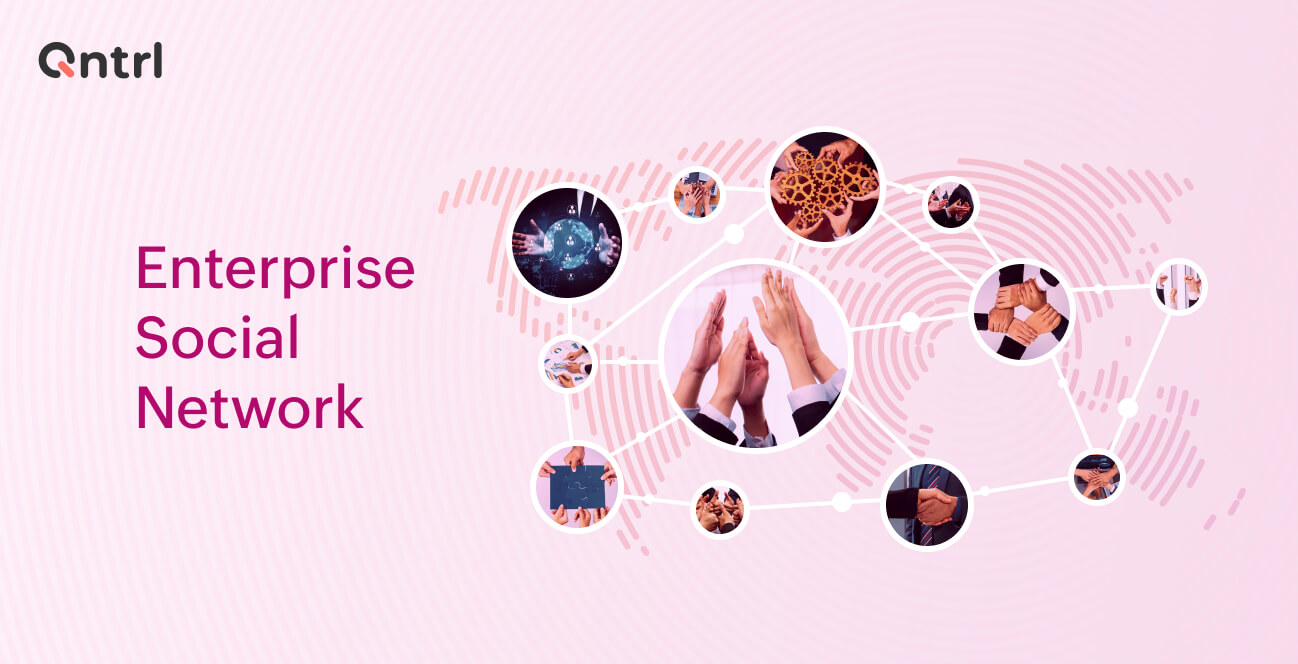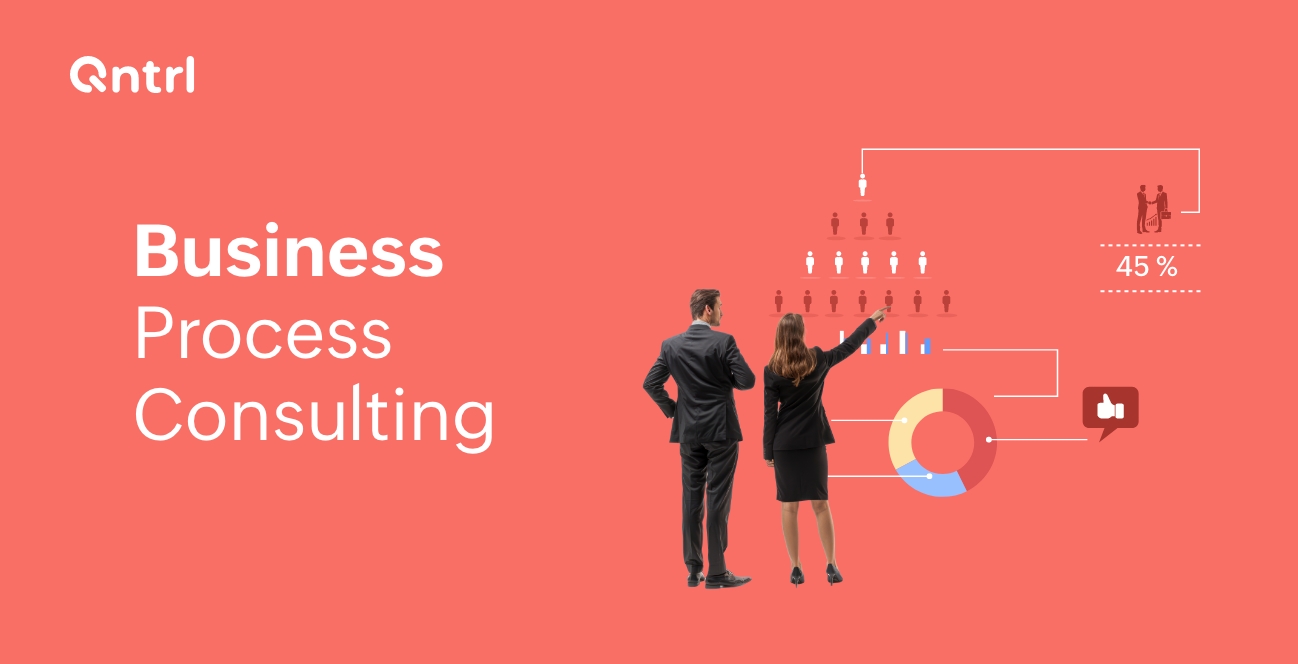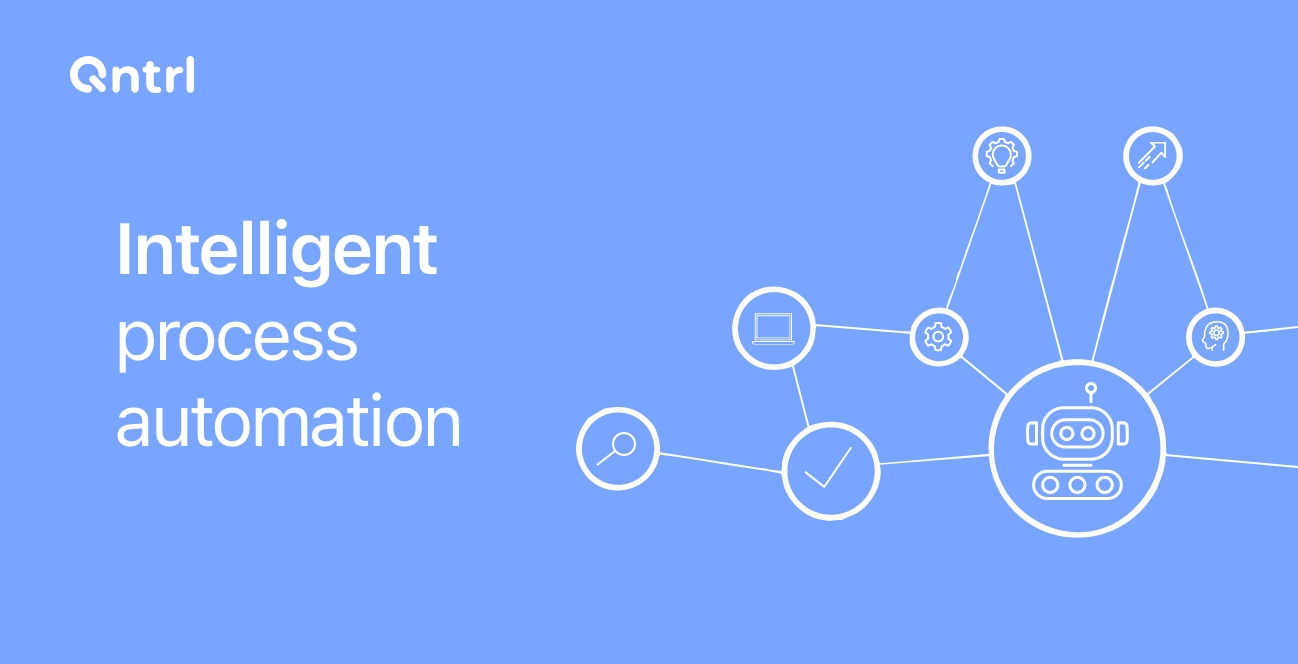There are things that we have to continue developing throughout our lives, especially as professionals. And productivity is one of them. It's always a big plus to know how to be a more productive person without having to work 18 hours a day.
In the age oflifelong learning, we know we need to keep on improving. There are so many courses we can take to hone our abilities. But things like increasing your productivity are more solo processes. So we brought some book ideas to help you be more productive.
1.The Getting Things Done Workbook: 10 moves to Stress-Free Productivity, by David Allen & Brandon Hall
This book approaches a method to help you increase productivity in a very interesting way: reducing stress. After all, who has never lost track of work because it was one of those days?
Much of what the authors advocate to reduce stress and help with productivity has to do withbeing more organized and improving task management. This method became known as GTD—Getting Things Done—and it has 5 steps:
- Record all tasks and appointments in a good system.
- Review the record to understand what is more important or less important to know and which task to prioritize.
- Organize these actions in a calendar after you understand where to start.
- Stay focused on the actions you planned, guided by priorities.
5. Review your organization system to be clear on what is working for you.
It's a super simple method, actually, but a lot of people love it and say it works really well. Around here, as we believe that organization takes you further, we couldn't leave this book out.
2.The Secret to Peak Productivity: A Simple Guide to Reaching Your Personal Best, by Tamara Myles
Another book with simple and practical strategies, just the way Qntrl works, this one brings us the productivity pyramid elaborated on by author Tamara Myles.
One of the pillars is, once again, organization, to be able to efficiently manage tasks. She also recommends using lists and calendars to gain visibility.
To have more time, the productivity pyramid method talks about eliminating unnecessary everyday tasks - like listening to those audio messages on WhatsApp using 2x speed, you know?
In addition, the author encourages the creation and cultivation of productive habits, such as daily planning, keeping a schedule, and understanding that we need to disconnect from work to maintain productivity.
Still, according to Tamara, another key to productivity is self-knowledge. It's what helps you reach the promised peak productivity: Your organization of schedules involves understanding in which hours of the day you can produce more.
3.The 7 Habits of Highly Effective People: Powerful Lessons in Personal Change, by Stephen R. Covey
Here's another classic making onto our list. According to Covey, there are 7 principles to being more productive and effective, and they should become your everyday habits. They are:
1. Be proactive and take the initiative.
3. Always start with what's most important.
4. Develop a win-win mindset—look for solutions that benefit all parties involved.
5. Seek first to understand people, then to be understood.
6. Create synergy between people on the team to foster collaboration.
7. Keep your balance: Remember to work on yourself both in terms of learning and taking care of body and soul.
All of these principles need to become habits and, for that, the person must be dedicated, but Covey guarantees that they are the habits of highly productive people.
4.The Progress Principle: Using Small Wins to Ignite Joy, Engagement, and Creativity at Work, by Teresa Amabile & Steven Kramer
Here's a guide to boosting team productivity. It starts from a point that has been widely debated by specialists in professional development: the importance of celebrating small wins.
A work environment that recognizes day-to-day victories stimulates creativity and dedication of the team - this is what Tereza Amabile and Steven Kramer stand for.
The book is from 2013, and was innovative for the time. You may even have gotten used to articles that say how much happiness contributes to productivity and creativity at work; but these are topics that, in 2013, weren't hyped.
The work was developed based on a lot of research by the two authors, who understood that people are more engaged at work when they are satisfied. Through studies, they also noticed that celebrating small victories and not waiting to reach that bigger goal moves the scale of satisfaction.
Valuing daily progress helps a lot, along with a positive work environment and constructive feedback.
5.Drop the Ball: Achieving More by Doing Less, by Tiffany Dufu
Although this is a book more focused on women, as we get lost trying to do everything, the tips here are for everyone. It's very complicated to want to be a productive person and handle "everything at the same time now".
The great insight of Tiffay's work is to say that you can drop the ball sometimes. The author explains that wanting to do everything all the time is an unrealistic expectation. It's important to learn what you need to do yourself and what can be delegated - by the way, delegating tasks is one of the lessons of the book.
Another important insight that the previous recommendations also mention is focusing on priorities. What’s most important is done first, right? And here, again, a ball might be dropped, and it’s ok—as long it is not the most important one.
6. The Fearless Organization: Creating Psychological Safety in the Workplace for Learning, Innovation, and Growth, by Amy Edmondson
Edmondson has an incredible repertoire as a professor of leadership and management at Harvard Business School. It was as a leader and scholar in the field that she noticed that a work environment with psychological safety helps foster both innovation and growth.
Basically, psychological safety in fearless organizations is about creating an environment where taking risks or speaking out are well regarded, and people can both propose new ideas and admit to mistakes without fear of negative repercussions.
Edmondson focuses more on the team than on personal development, but, like item 4 on this list, it’s an essential work to talk about productivity. Because we have things that depend on individuals, and yes, we have things that depend on the environment, right?
Here, the author has several case studies of successful companies to show that this culture of psychological safety is what drives productive and creative organizations like Pixar or Google, for example.
And what would be a psychologically safe environment? Edmond sums it up as one that counts on humble leaders, has an open culture for everyone to learn, encourages collaboration and knowledge sharing, and fosters diversity and inclusion.
Beyond productivity books: How to work on yourself
The books above are excellent, but if reading isn't your thing or if you can't get a hold of the books right now, how about taking a look here on our blog and reading more tips?
- How to get inspired and be more productive with music
- How to improve productivity on your sales team
- Productivity within HR
- The Kanban method for productivity
- Time management and productivity
So, are you feeling more productive already? Share your tips with us below!








